When you hear company names like Pfizer, Merck, Bayer and a few others, you know you’re talking about some of the most successful pharmaceutical companies in the world. They each usually know when the timing is right to try and merge with a competitor, although some efforts will always be rebuffed.
At present, Pfizer’s attempt to take over AstraZeneca looks unlikely, although both parties have the option of resuming talks in August 2014. However, given AstraZeneca’s “clear hostility to a deal,” the situation doesn’t look good. However, Pfizer has successfully merged with other companies in the past and is likely to do so again in the future.
The following information reviews some of the largest mergers involving Pfizer, Merck, and Bayer during the past two decades.
Pharmaceutical Company Mergers and Acquisitions Since the Late 1990s
Pfizer. Back in 1999, when Pfizer acquired Warner-Lambert for about $87.3 billion, it created “the world’s second largest drug maker.” Many believe that Warner-Lambert’s creation of the drug Lipitor precipitated that deal. As many industry watchers are aware, Lipitor has “gone on to become the top-selling branded pharmaceutical in the world with 2008 sales topping $12.4 billion.” Since this major acquisition, Pfizer acquired Pharmacia in 2002, and Wyeth in 2009, paying about $64 billion for each of those companies;
Bayer. Just about everyone at some point in their lives has taken Bayer Aspirin or other products sold by this successful German drug company. Back in 2006, Bayer acquired Schering AG for $18.4 billion. Today, Bayer continues to thrive and is currently working out the final details to purchase Merck’s consumer care business for $14.2 billion. This purchase is providing Bayer with control over such well-known brands as Coppertone, Claritin and Dr. Scholl’s. According to Bayer’s chief executive Marijn Dekkers, “about 70% of Merck’s consumer product sales [are] in the United States.” Once this merger is complete, a significant amount of business will be conducted in New Jersey. At present, Bayer employs about 113,200 workers around the world;
Merck. Separate and apart from the current sale of its consumer care business to Bayer (referenced above), Merck has been playing a major role in the pharmaceutical industry for centuries. In fact, Jacob Friedrick Merck purchased Angel Pharmacy way back in 1668. Merck Manufacturing began operations in 1887 after purchasing a chemical manufacturing business four years earlier. As of early 2014, the company has approximately 74,000 employees. Among other notable pursuits, Merck has a fascinating array of drugs in development at this time and continues to periodically acquire other related businesses. In fact, back in 2009, Merck paid approximately $47.1 billion to acquire Schering-Plough.
To obtain help with handling all of your Georgia business planning needs, please contact Shane Smith Law today. You can schedule your free initial consultation with a knowledgeable Peachtree City estate planning attorney by calling: (980) 246-2656.



